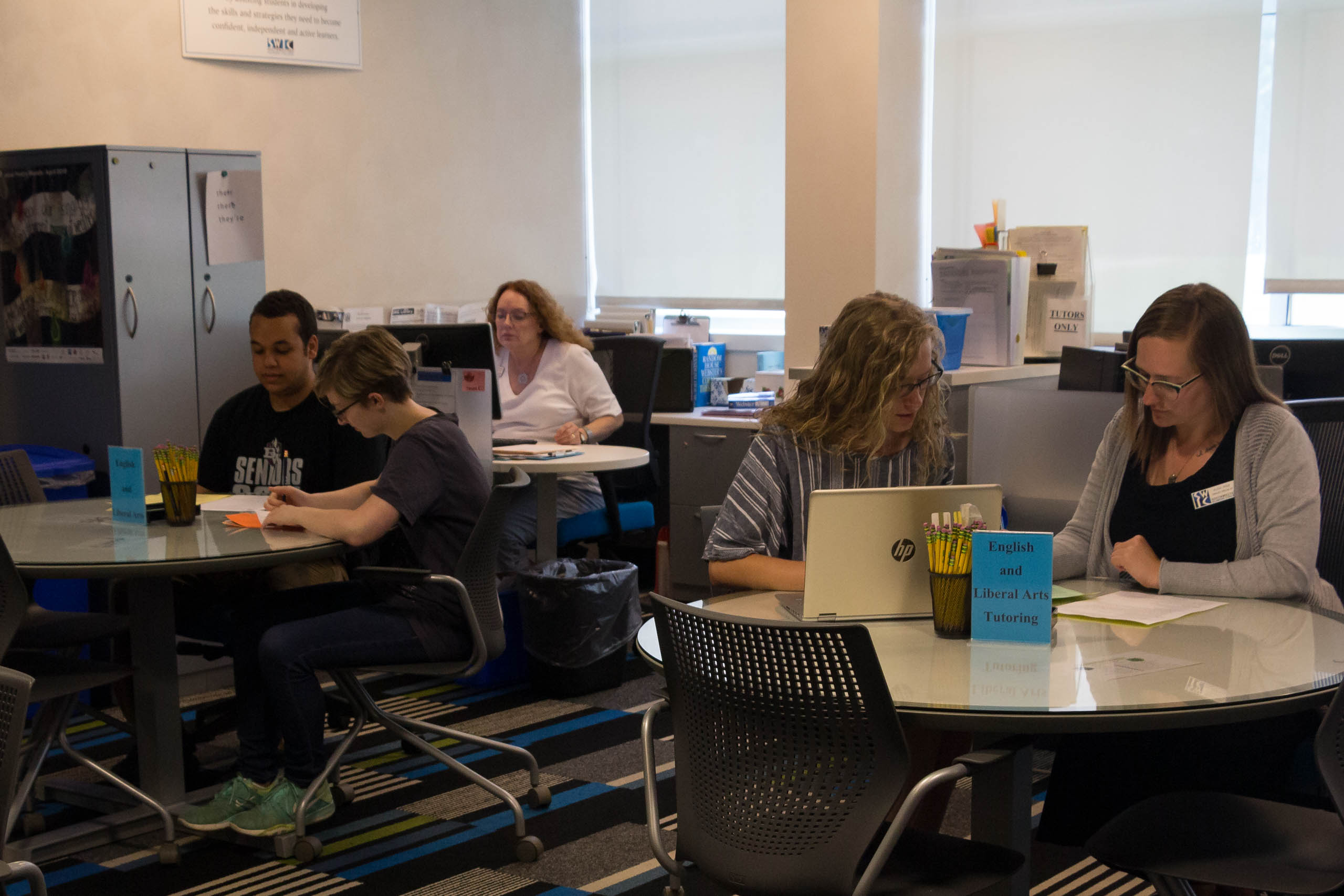
Did you know?
Did you know you can do one single thing to reduce pain and insomnia, as well as strengthen your immune system.
But that’s not all!
This miracle activity can also lead to healthier relationships and academic and professional success.
You don’t have to pay a fortune, starve yourself, or work your core until you have abs of steel.
“Only a few minutes each day”
All you have to do is spend a few minutes each day sincerely expressing gratitude.
Regular gratitude practice can boost both your mental and your physical health. According to Psychology Today, “Grateful people are indeed less likely to have mental health problems like depression.” One study found that a gratitude intervention increased mental resilience in a group of older adults.
Another study cited in Psychology Today, suggests that spending even a few minutes engaging in a gratitude activity, such as writing a letter of gratitude to a loved one, can motivate you to make healthy food choices.
Need some ideas to get started?
The Greater Good Center at Berkley suggests these:
- Keep a handwritten or electronic journal of big and little joys of daily life. Go into detail about a particular person or thing for which you’re grateful; this carries more benefits than a surface-level list of many things.
- Write down “three good things”—identify three things that have gone well for you and write about the cause.
- Write thank-you notes to others and give them to the recipients.
- Think about people who have inspired you and what was significant about them.
- Engage in “mental subtraction.” Imagine what your life would be like if some positive event had not occurred.
- Add this twist to step up your gratitude game: At the end of each week, thank someone you know about something specific—Thanks for being such a good listener yesterday!—and then reflect on the person’s response and their feelings.
When we share the gratitude that we’re journaling about, according to the study, the practice becomes even more beneficial.
Feeling grateful is a skill one can develop. If you find yourself feeling tired of the stresses you’re facing, think of something that can make you feel thankful, then share that with someone.
If you want to improve your gratitude habits or work on other academic or professional goals, do not hesitate to contact a Success Coach.
Plus, get a free gratitude journal while supplies last with a coaching appointment!
More information can be found at:
“Gratitude” reviewed by Psychology Today Staff
